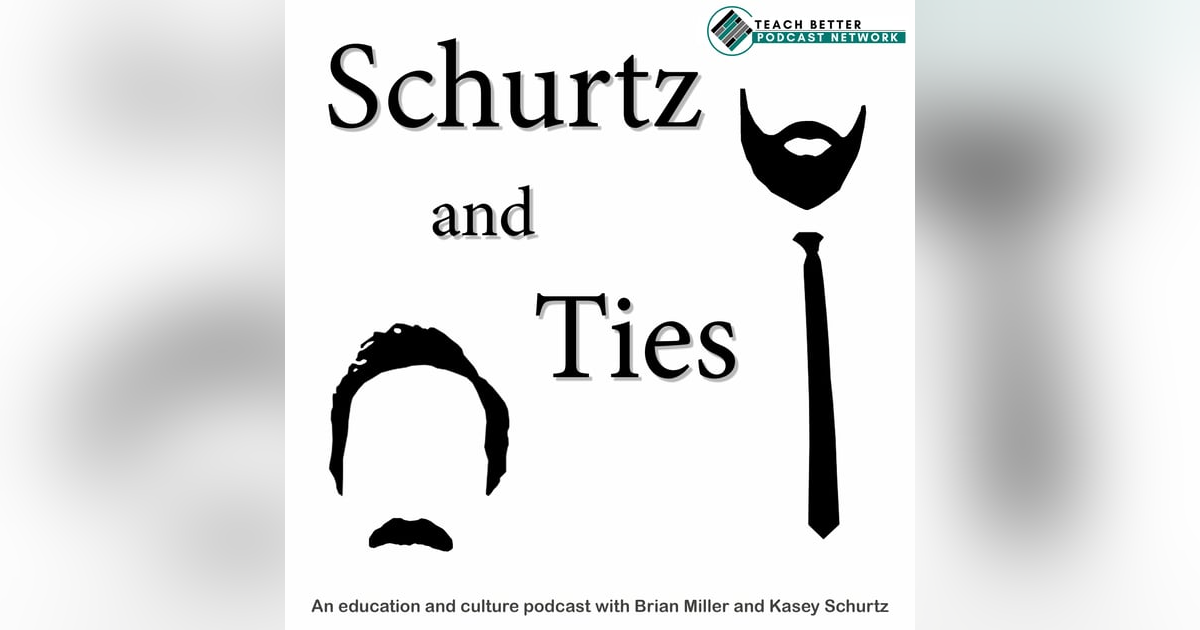Ep. 95: Range of Knowledge and solving Impossible Problems

"No savant has ever changed the world," David Epstein writes in Range: Why Generalists Triumph in a Specialized World.
Generalists, however, have. And do.
Yet, in our classrooms and schools - in our quest to raise children as best we can - we strive for greatness, hustle towards the 10,000 hours, and applaud those who reach the podium. We celebrate the savant and overlook the jack who has dabbled in all trades and mastered none.
We should be doing the very opposite.
In this episode, Kasey and Brian discuss the importance of Smart Thinking - the act of accumulating a range of knowledge and learning how best to apply it in various contexts, as well as provide a few simple strategies for implementing Range of Knowledge into our classrooms and schools.
Quotes from Range:
- “The most effective learning looks inefficient; it looks like falling behind”
- “Above all, the most basic message is that teachers and students must avoid interpreting current performance as learning. Good performance on a test during the learning process can indicate mastery, but learners and teachers need to be aware that such performance will often index, instead, fast but fleeting progress.”
Suggested Strategies:
- Art Starts: Everyone loves art. Google “100 most (choose your adjective: moody, inspiring, confusing, controversial) art pieces of all time. Choose one, and place it on the screen and ask students to relate it - in some way - to the content at hand.
- Fermi-based thinking: Ask impossible questions, such as, "How many pianos are there in New York City?" (pg 52) The goal is to get students into the habit of breaking down complex problems into what they DO know so that they can start to investigate what they don’t.
- Show don’t tell. Give students three key ideas from the day or week, then say, “Show me what you know, however you want to show me - metaphors, reenactment, drawing - whatever!” The goal is to get them thinking, using things they do know, to consider and interpret the things they don’t.
Consider a student who can’t write . . . they're trying to navigate TWO mediums rather than simply showing what they know - content specific.
- Autonomy Week - review/redo a portion from the quarter, showing understanding however they see fit.Show Sponsors:Schurtz and Ties is a proud partner with TeachBetter.com: "The Teach Better Podcast Network is dedicated to supporting the entire school ecosystem through in-depth conversations around topics you care about. Covering a variety of areas in education, each podcast aims to support educators in the field toward creating and maintaining a progressive, student-focused classroom."Please reach out and let us know your thoughts or share a topic:X (Twitter): SchurtzandTiesGmail: schurtzandties@gmail.com#DoGreatThings and #KeepKnocking







